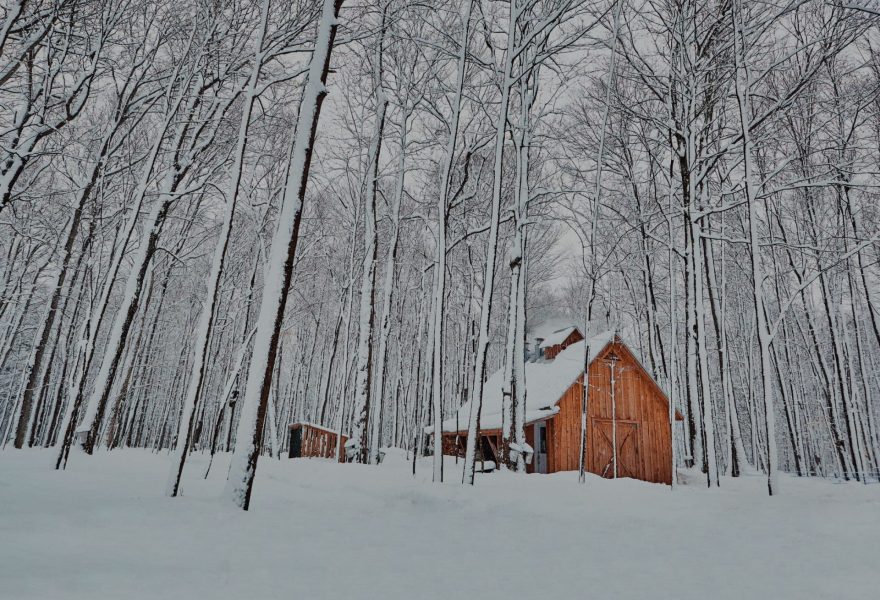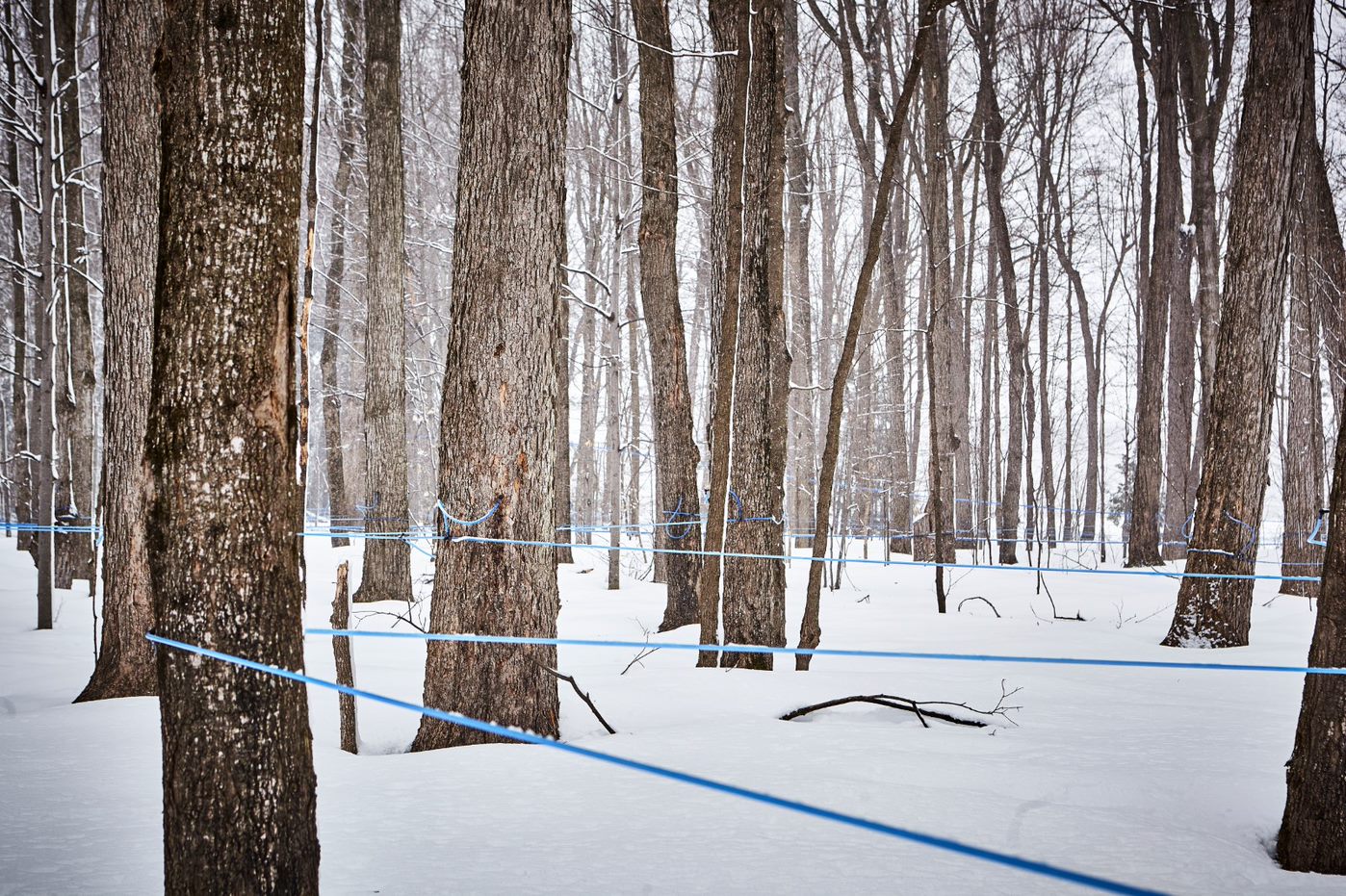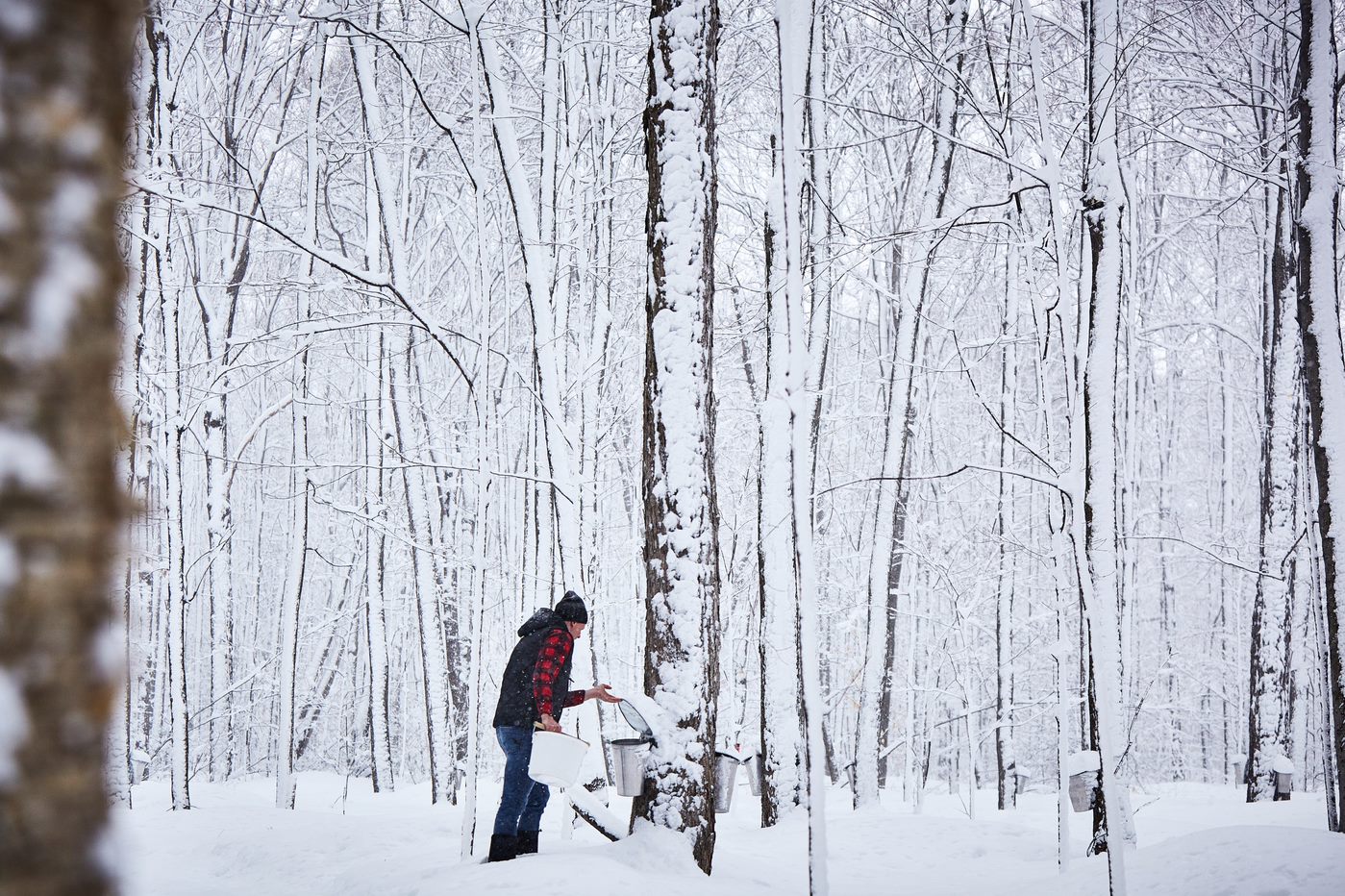The Sustainable Sweetener: How Maple Syrup Benefits the Environment

It’s no secret that agriculture is one of the biggest contributors to global warming, with the industry accounting for around 10% of global greenhouse gas emissions.
Many of the most popular food products are emissions-intensive by nature, and require vast forest land to be cleared to grow.
Fortunately, there are plenty of products that are farmed sustainably, providing consumers with alternatives that are good for the environment.
One such product is pure Canadian maple syrup, which has been farmed sustainably for hundreds of years in the maple forests of Quebec and other Canadian regions.
Unlike some other sweeteners, maple syrup has a net-positive impact on the environment, supporting rich biodiversity and capturing carbon emissions from the atmosphere.
The maple syrup production process
Maple syrup was first discovered by the indigenous peoples of North America several hundred years ago, and to this day the production process has remained much the same.
In spring, the sugary sap stored in maple trees is pushed out toward the trunk and branches, as a result of the alternating freeze-thaw cycles of day and night.
From here, it can be extracted from the tree and transported to a sugar shack, where it is then boiled to reduce the water content until a thick syrup forms.
Unlike with some other sweeteners, no fertilisers are used in the maple syrup production process, helping to preserve the quality of the soil and the health of the trees.
In this way, maple syrup is farmed sustainably, without any disruption to the surrounding habitats upon which many species rely for shelter and sustenance.

The role of maple forests as carbon sinks
Maple forests not only support rich biodiversity, but they also play a key role as carbon sinks in mitigating the effects of climate change.
In Quebec, there are around 34 million maple trees currently in production. Every single of these trees pulls carbon out of the atmosphere and releases oxygen through photosynthesis.
Collectively, the Quebec sugar bush captures the carbon produced by burning 97 million gallons of petrol every year – that’s the equivalent of 220,000 cars.
So while there are some emissions involved in the maple syrup production process, these are greatly offset by the carbon captured and stored in maple trees.
It’s estimated that the maple forests of Quebec capture and store eight times the amount of carbon emitted during syrup production.
The conservation of maple forests
Recognising the enormous environmental benefits of its maple forests, the Quebec government protects all maple trees that are used to produce maple syrup from logging.
Maple syrup farmers in the region must also follow a set of guidelines designed to maintain the health of the forests.
For instance, the same tree can only be tapped once a year, and farmers must take steps to allow trees to heal by targeting parts of the tree that have not previously been tapped.
A young tree with a small diameter will only be able to support one tap, while older trees can be tapped in multiple areas over the years without risking permanent damage.
By protecting the maple forests from the threats of logging and over-cultivation, the maple syrup industry will continue to play a key role in wildlife conversation and emissions reduction for generations to come.

The sustainable sweetener
Choosing maple syrup over other sweeteners is one way for consumers to support sustainable initiatives, all while enjoying a delicious product born from nature.
In fact, using just one teaspoon of a maple product every day puts two maple trees under the protection of Quebec’s anti-logging laws.
So, next time you’re in the baking aisle and can’t work out which sweetener to pick, remember that maple syrup is the sustainable choice!
And if you’re looking for ideas on how to use maple syrup in your cooking and baking, check out our section of maple syrup recipes.
A Source of Natural Energy
Maple syrup is a natural source of energy. Check out how maple can act as fuel before, during, and after exercise.
